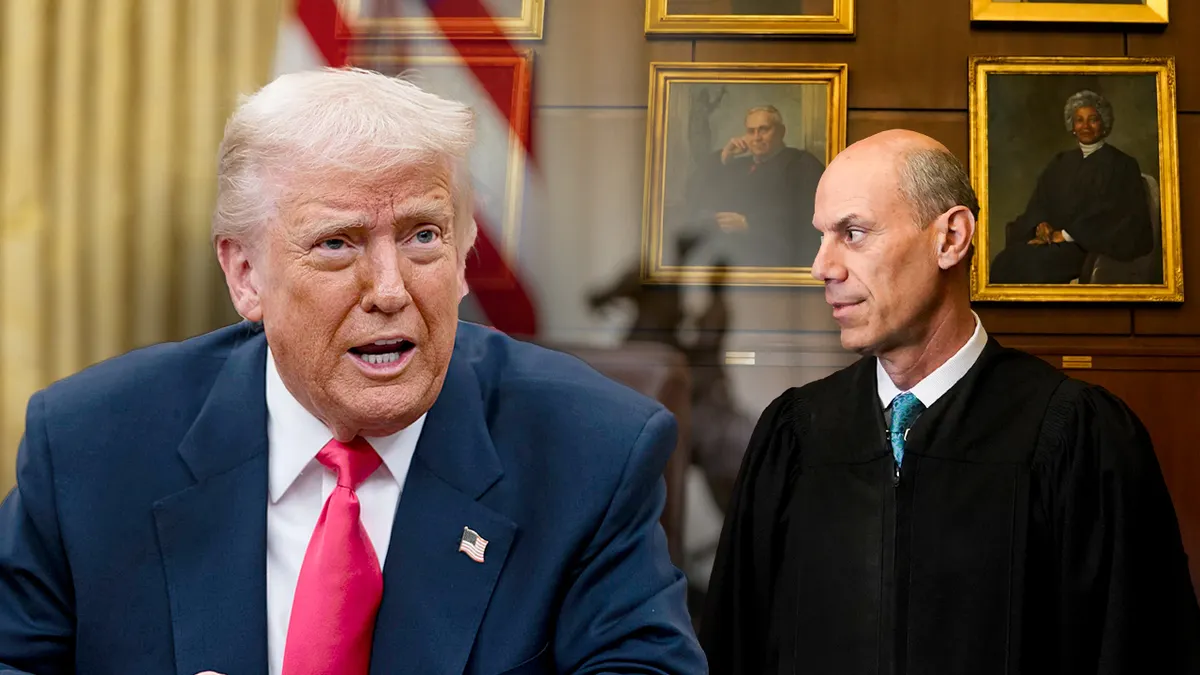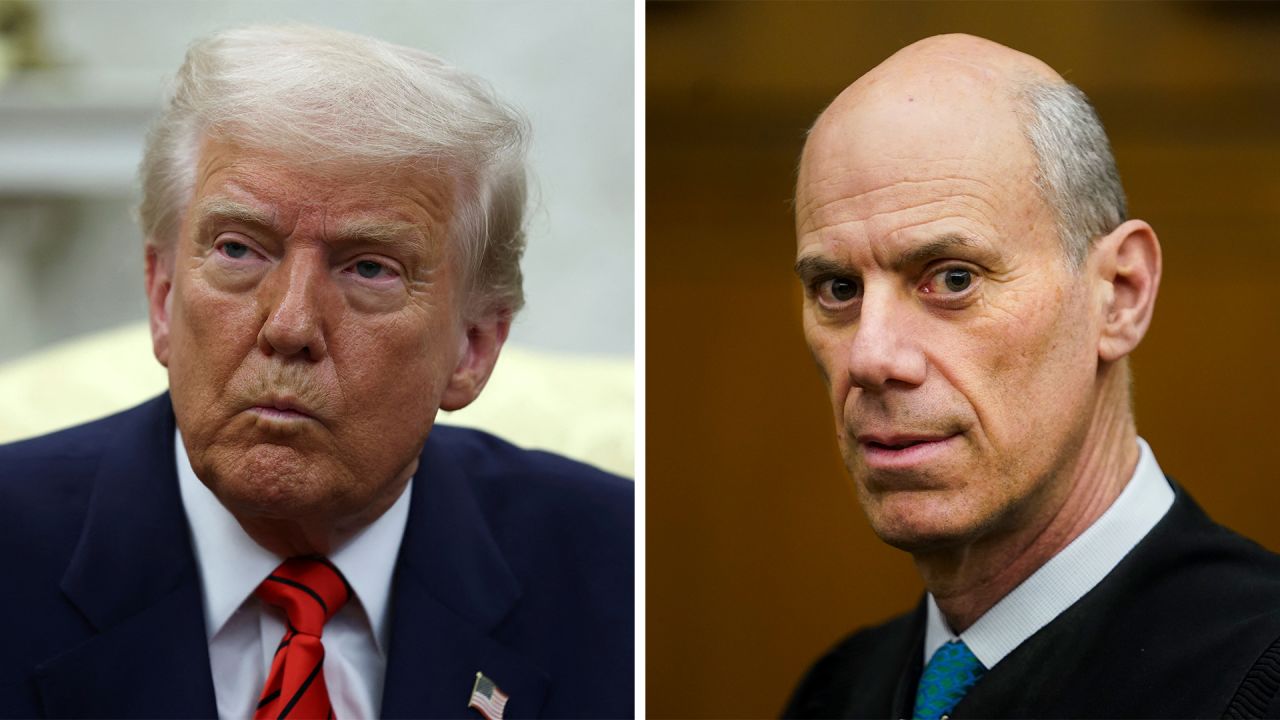The Supreme Court has granted President Donald Trump’s request to overturn a lower court’s ruling that blocked the administration from using a 1798 wartime immigration law to deport Venezuelan nationals.
The 5-4 decision is a significant victory for the Trump administration, allowing them to move forward with key immigration priorities.
What’s at Stake: The Alien Enemies Act
At the center of the controversy is the Alien Enemies Act, a law passed by Congress in 1789 that allows for the immediate removal of certain migrants from the US.
The law has been invoked only three times in US history, during times of war, including World War I and World War II.

Trump’s administration argues that the law is necessary to protect the nation from foreign terrorist organizations and to facilitate delicate foreign negotiations.
A Temporary Victory for Trump
The Supreme Court’s decision vacates a temporary order by US District Judge James Boasberg, who had blocked the administration’s use of the Alien Enemies Act for 14 days.
The order was upheld by a federal appeals court, but the Supreme Court has now ruled in favor of the administration. The decision allows the administration to continue deporting Venezuelan nationals, including alleged members of the Tren de Aragua gang.
Controversy Surrounding Deportation Flights
The deportation flights have been shrouded in controversy, with Judge Boasberg questioning whether administration officials knowingly defied his temporary order.
At least 261 migrants were deported, including over 100 Venezuelans removed solely on the basis of the 1798 statute.
The flights reportedly landed around the same time Boasberg issued his temporary halt, raising questions about the administration’s actions.
Potential Contempt Charges
Judge Boasberg is still weighing potential contempt charges against administration officials, citing concerns over national security.
The judge has pressed the government to disclose the names, locations, and agencies of individuals involved in the removals, as well as any internal conversations with officials who may have been monitoring the court proceedings.
A preliminary injunction hearing is set for April 8.
What’s Next?
The Supreme Court’s ruling may not mark the end of Trump’s push to invoke the Alien Enemies Act.
With potential contempt charges still on the table, the administration’s use of the law will continue to be a topic of controversy.
Stay tuned for further updates on this developing story.


